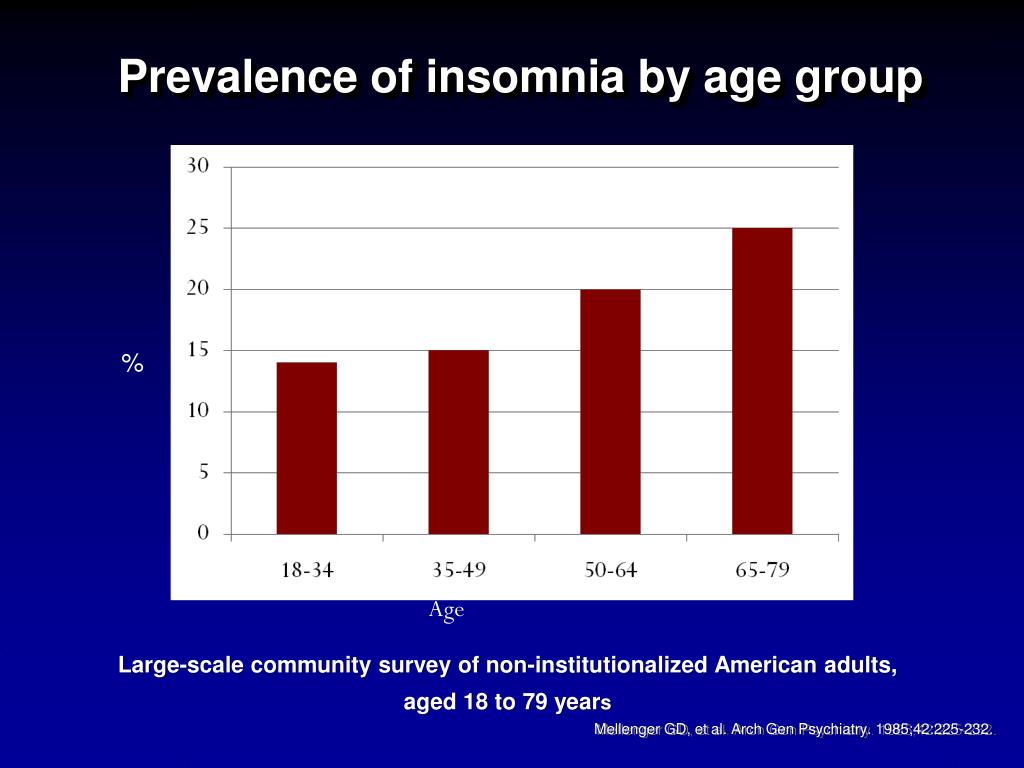

People who have had previous episodes with psychotic symptoms are more likely to have them with future episodes. These symptoms include delusions or, less commonly, hallucinations, usually unpleasant. In severe cases, depressed people may have psychotic symptoms. Some antidepressants may also cause insomnia due to their stimulating effect. Hypersomnia, or oversleeping, can also happen, as well as day-night rhythm disturbances, such as diurnal mood variation. Insomnia is common in the typical pattern, a person wakes very early and cannot get back to sleep. Other symptoms of depression include poor concentration and memory, withdrawal from social situations and activities, reduced sex drive, irritability, and thoughts of death or suicide. Depressed people may be preoccupied with-or ruminate over-thoughts and feelings of worthlessness, inappropriate guilt or regret, helplessness or hopelessness. A person having a major depressive episode usually exhibits a low mood, which pervades all aspects of life, and an inability to experience pleasure in previously enjoyable activities. Major depression significantly affects a person's family and personal relationships, work or school life, sleeping and eating habits, and general health. Symptoms and signs An 1892 lithograph of a woman diagnosed with melancholia The disorder causes the second-most years lived with disability, after lower back pain. Lifetime rates are higher in the developed world (15%) compared to the developing world (11%). The percentage of people who are affected at one point in their life varies from 7% in Japan to 21% in France. Major depressive disorder affected approximately 163 million people (2% of the world's population) in 2017. It can negatively affect a person's personal life, work life, or education, and cause issues with a person's sleeping habits, eating habits, and general health.

Risk factors include a family history of the condition, major life changes, certain medications, chronic health problems, and substance use disorders. Major depressive disorder is believed to be caused by a combination of genetic, environmental, and psychological factors, with about 40% of the risk being genetic.

Electroconvulsive therapy (ECT) may be considered if other measures are not effective. Hospitalization (which may be involuntary) may be necessary in cases with associated self-neglect or a significant risk of harm to self or others. Medication appears to be effective, but the effect may be significant only in the most severely depressed. Those with major depressive disorder are typically treated with psychotherapy and antidepressant medication. The course of the disorder varies widely, from one episode lasting months to a lifelong disorder with recurrent major depressive episodes. The most common time of onset is in a person's 20s, with females affected about twice as often as males. There is no laboratory test for the disorder, but testing may be done to rule out physical conditions that can cause similar symptoms. The diagnosis of major depressive disorder is based on the person's reported experiences, behavior reported by relatives or friends, and a mental status examination.
#INSOMNIA VA RATING MANUAL#
Introduced by a group of US clinicians in the mid-1970s, the term was adopted by the American Psychiatric Association for this symptom cluster under mood disorders in the 1980 version of the Diagnostic and Statistical Manual of Mental Disorders (DSM-III), and has become widely used since. Major depressive disorder ( MDD), also known as clinical depression, is a mental disorder characterized by at least two weeks of pervasive low mood, low self-esteem, and loss of interest or pleasure in normally enjoyable activities. Psychotherapy, antidepressant medication, electroconvulsive therapy, exercise Low mood, low self-esteem, loss of interest in normally enjoyable activities, low energy, pain without a clear cause Įnvironmental ( adverse life experiences, stressful life events), genetic and psychological factors įamily history, major life changes, certain medications, chronic health problems, substance use disorder Medical condition Major depressive disorderĬlinical depression, major depression, unipolar depression, unipolar disorder, recurrent depression


 0 kommentar(er)
0 kommentar(er)
